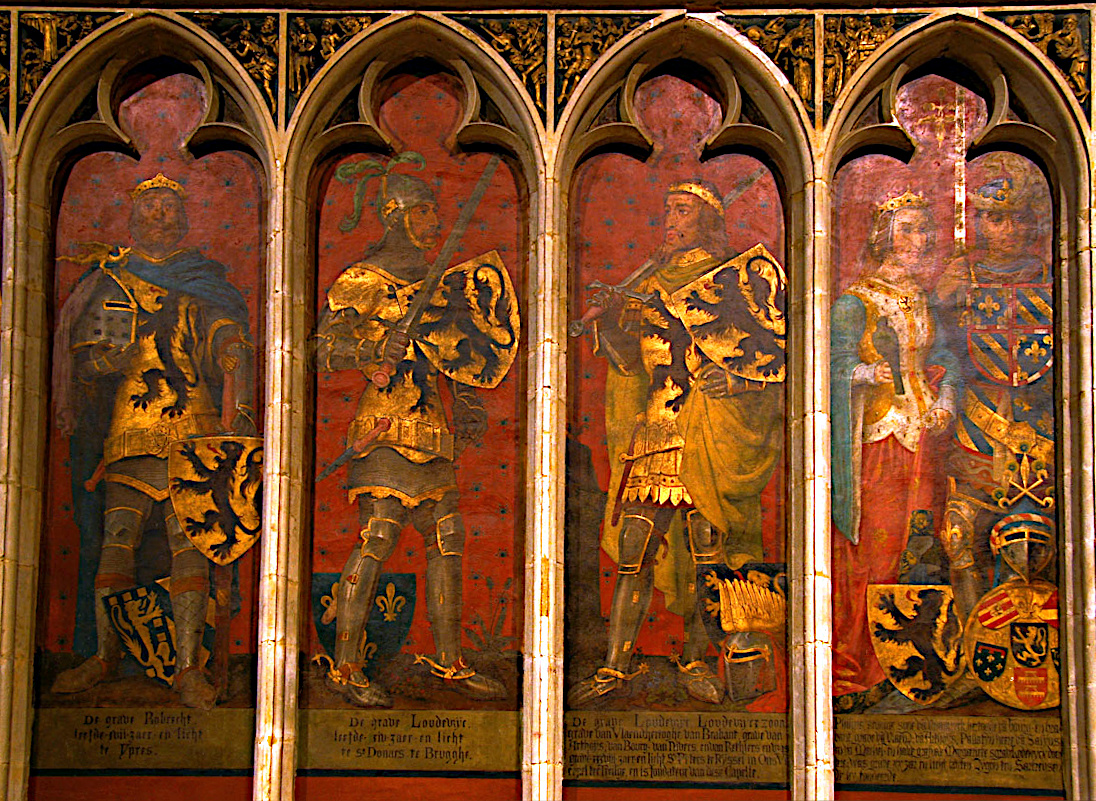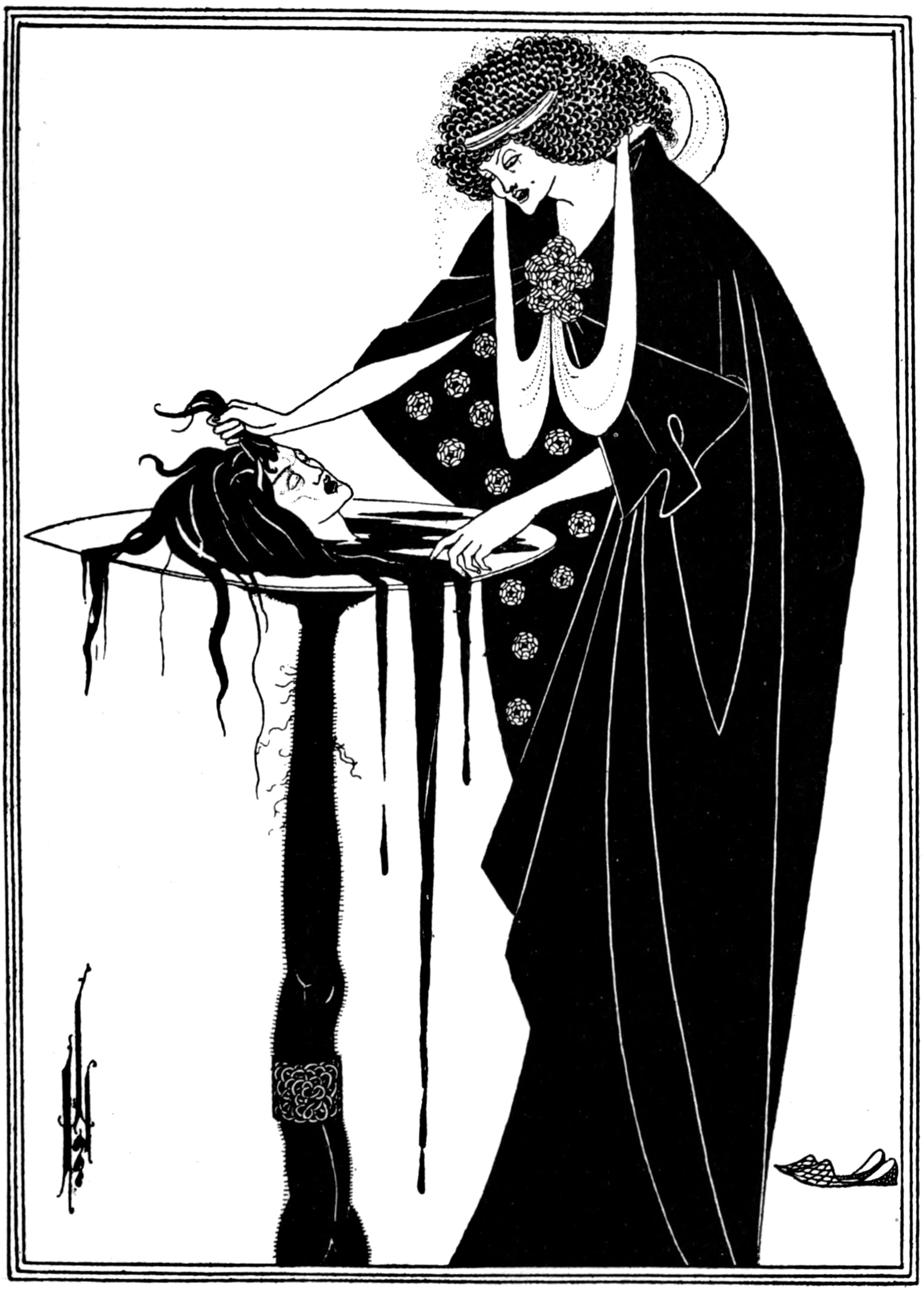|
Hendrik Bulthuis
Hendrik Jan Bulthuis (15 September 1865, in Warffum – 27 April 1945, in Noordbroek) was a Dutch customs official, author, and translator of more than thirty works into Esperanto. One of his novels, ''Idoj de Orfeo'' ('' Children of Orpheus'') is listed in William Auld's Basic Esperanto Reading List. Life and career Born in the province of Groningen in northeast Netherlands, Bulthuis was a customs officer by profession from 1889 until 1924. In his youth he was a Volapükist. In 1899 he received a diploma in Volapük as a master teacher (eo:ĉefinstruisto). His third son, Rico Bulthuis (The Hague 1911 - 2009) became a respected author who said of his father: "He spoke nine languages, but in none of these languages ever had a conversation with me" Esperanto activity In 1901 D. Uitterdijk sent him a textbook of Esperanto, after which he became an Esperantist. He engaged in much correspondence with Esperantists of other countries, did much Esperanto publicity, especially ... [...More Info...] [...Related Items...] OR: [Wikipedia] [Google] [Baidu] |
Bulthuis
Bulthuis is a surname. Notable people with the surname include: * Dave Bulthuis (born 1990), Dutch footballer * Hendrik Bulthuis Hendrik Jan Bulthuis (15 September 1865, in Warffum – 27 April 1945, in Noordbroek) was a Dutch customs official, author, and translator of more than thirty works into Esperanto. One of his novels, ''Idoj de Orfeo'' ('' Children of Orpheus'') ... (1865–1945), Dutch customs official, writer, and translator {{Short pages monitor ... [...More Info...] [...Related Items...] OR: [Wikipedia] [Google] [Baidu] |
Frederik Van Eeden
Frederik Willem van Eeden (3 April 1860, Haarlem – 16 June 1932, Bussum) was a late 19th-century and early 20th-century Dutch writer and psychiatrist. He was a leading member of the Tachtigers and the Significs Group, and had top billing among the editors of ''De Nieuwe Gids'' (''The New Guide'') during its celebrated first few years of publication, starting in 1885. Biography Van Eeden was the son of Frederik Willem Van Eeden, director of the Royal Tropical Institute in Haarlem. In 1880 he studied Medicine in Amsterdam, where he pursued a bohemian lifestyle and wrote poetry. Whilst living in the city, he coined the term lucid dream in the sense of mental clarity, a term that nowadays is a classic term in the Dream literature and study, meaning dreaming while knowing that one is dreaming. In his early writings, he was strongly influenced by Hindu ideas of selfhood, by Boehme's mysticism, and by Fechner's panpsychism. He went on to become a prolific writer, producing ... [...More Info...] [...Related Items...] OR: [Wikipedia] [Google] [Baidu] |
Charlotte Brontë
Charlotte Brontë (, commonly ; 21 April 1816 – 31 March 1855) was an English novelist and poet, the eldest of the three Brontë sisters who survived into adulthood and whose novels became classics of English literature. She enlisted in school at Roe Head in January 1831, aged 14 years. She left the year after to teach her sisters, Emily and Anne, at home, returning in 1835 as a governess. In 1839, she undertook the role of governess for the Sidgwick family, but left after a few months to return to Haworth, where the sisters opened a school but failed to attract pupils. Instead, they turned to writing and they each first published in 1846 under the pseudonyms of Currer, Ellis, and Acton Bell. Although her first novel, '' The Professor'', was rejected by publishers, her second novel, ''Jane Eyre'', was published in 1847. The sisters admitted to their Bell pseudonyms in 1848, and by the following year were celebrated in London literary circles. Charlotte Brontë was the ... [...More Info...] [...Related Items...] OR: [Wikipedia] [Google] [Baidu] |
The Lion Of Flanders
Robert III (1249 – 17 September 1322), also called Robert of Béthune and nicknamed The Lion of Flanders (''De Leeuw van Vlaanderen''), was the Count of Nevers from 1273 and Count of Flanders from 1305 until his death. History Robert was the oldest son of Guy of Dampierre from his first marriage with Matilda of Béthune. His father essentially transferred the reign of Flanders to him in November 1299, during his war with Philip IV of France. Both father and son were taken into captivity in May 1300, and Robert was not released until 1305. Robert of Béthune gained military fame in Italy, when he fought at the side of his father-in-law, Charles I of Sicily (1265–1268) against the last Hohenstaufens, Manfred and Conradin. Together with his father he took part in 1270 in the Eighth Crusade, led by Saint Louis. After his return from the Crusade he continued to be a loyal aid for his father, politically and militarily, in the fight against the attempts of the French King Philip ... [...More Info...] [...Related Items...] OR: [Wikipedia] [Google] [Baidu] |
Josepha (1758–1820), Austrian pianist and composer
* Josepha Conti (1825–1881), Bavarian servant and beauty
* Josepha Williams Douglas (1860–1938), also commonly known as Josepha Williams, American physician
* Josepha Duschek (1754–1824), Czech soprano
* Josepha von Heydeck (1748–1771), mistress of Charles Theodore, Elector of Bavaria
* Josepha Petrick Kemarre (born ca. 1945 or ca. 1953), Indigenous Australian artist
* Josepha Madigan (), Irish politician and solicitor
* Josepha Sherman, American author, winne ...
Josepha is a given name. Notable people with the name include: * Josepha Abiertas (1894–1929), Filipino lawyer and feminist, first woman to obtain a degree from the Philippine Law School * Josepha Barbara Auernhammer Josepha Barbara Auernhammer (25 September 1758 – 30 January 1820) was an Austrian pianist and composer. Biography Auernhammer was born in Vienna, the eleventh of fifteen children born to Johann Michael Auernhammer and Elisabeth (nee Timmer, ... [...More Info...] [...Related Items...] OR: [Wikipedia] [Google] [Baidu] |
Steen Steensen Blicher
Steen Steensen Blicher (11 October 1782, Vium – 26 March 1848 in Spentrup) was an author and poet born in Vium near Viborg, Denmark. Biography Blicher was the son of a literarily inclined Jutlandic parson whose family was distantly related to Martin Luther. He grew up in close contact with nature and peasant life in the moor areas of central Jutland. After trying his hand as a teacher and a tenant farmer, he at last became a parson like his father and from 1825-1847 served in the parish of Spentrup. As a clergyman, Blicher is said to have been less than inspired. His main interests were hunting and writing. In 1842, he was accused of alcoholism and abandoned from a Cooperation of Danish writers. Many struggles with his superiors the following years led to his dismissal shortly before his death. He had ten children, seven sons and three daughters, with his wife Ernestine Juliane Berg, whom he married on 11 June 1810. Significance as a writer Prose Blicher is known ... [...More Info...] [...Related Items...] OR: [Wikipedia] [Google] [Baidu] |
The Rector Of Veilbye
''The Rector of Veilbye'' ( da, Præsten i Vejlbye), is a crime mystery written in 1829 by the Danish author Steen Steensen Blicher. The novella is based upon a true murder case from 1626 in the village of Vejlby near Grenå, Denmark, which Blicher knew partly from Erik Pontoppidan's Danish Church History (1741), and partly through oral tradition. Blicher's tragic tale has been adapted for the screen three times by Danish filmmakers. In 2006, ''The Rector of Veilbye'' was included in the Cultural Canon of Denmark by the Danish Ministry of Culture. The ministry noted that "the style illuminates elegiac pain and discomfort in an eerily intense drama, and the story is difficult to shake off." Danish literary historian Søren Baggesen stated "Blicher is not just the first of Danish literature's great storytellers, he is one of the few tragic poets Danish literature has ever had."Baggesen, Søren: ''Den Blicherske Novelle'', Odense Universitetsforlag 1965, p. 143 Synopsis The story ... [...More Info...] [...Related Items...] OR: [Wikipedia] [Google] [Baidu] |
Oscar Wilde
Oscar Fingal O'Flahertie Wills Wilde (16 October 185430 November 1900) was an Irish poet and playwright. After writing in different forms throughout the 1880s, he became one of the most popular playwrights in London in the early 1890s. He is best remembered for his epigrams and plays, his novel ''The Picture of Dorian Gray'', and the circumstances of his criminal conviction for gross indecency for consensual homosexual acts in "one of the first celebrity trials", imprisonment, and early death from meningitis at age 46. Wilde's parents were Anglo-Irish intellectuals in Dublin. A young Wilde learned to speak fluent French and German. At university, Wilde read Literae Humaniores#Greats, Greats; he demonstrated himself to be an exceptional Classics, classicist, first at Trinity College Dublin, then at Magdalen College, Oxford, Oxford. He became associated with the emerging philosophy of aestheticism, led by two of his tutors, Walter Pater and John Ruskin. After university, Wilde m ... [...More Info...] [...Related Items...] OR: [Wikipedia] [Google] [Baidu] |
Salome (play)
''Salome'' (French: ''Salomé'', ) is a one-act tragedy by Oscar Wilde. The original 1891 version of the play was in French; an English translation was published three years later. The play depicts the attempted seduction of Jokanaan (John the Baptist) by Salome, step-daughter of Herod Antipas; her dance of the seven veils; the execution of Jokanaan at Salome's instigation; and her death on Herod's orders. The first production was in Paris in 1896. Because the play depicted biblical characters it was banned in Britain and was not performed publicly there until 1931. The play became popular in Germany, and Wilde's text was taken by the composer Richard Strauss as the basis of his 1905 opera ''Salome (opera), Salome'', the international success of which has tended to overshadow Wilde's original play. Film and other adaptations have been made of the play. Background and first production When Wilde began writing ''Salome'' in late 1891 he was known as an author and critic, but was ... [...More Info...] [...Related Items...] OR: [Wikipedia] [Google] [Baidu] |






